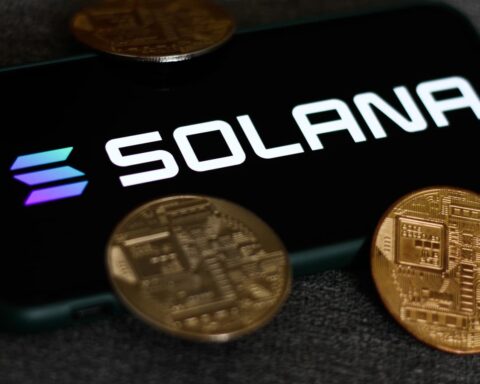The International Monetary Fund (IMF) has unveiled plans for an innovative cross-border payment system, using a unified ledger for recording transactions involving central bank digital currencies (CBDCs).
The proposed system, announced during a CBDC policy roundtable co-organized with the central bank of Morocco, promises enhanced programmability and information management.
Named the XC (cross-border payment and contracting) platform, this system could facilitate both individual and institutional users with its potential to reduce fees and expedite transaction times.
According to Tobias Adrian, the IMF’s Director of the Monetary and Capital Markets Department, the platform could help central banks perform functions such as intervening in foreign exchange markets, aggregating capital flow data, and resolving disputes. Additionally, it could be adapted for domestic retail and wholesale CBDCs.
The platform’s blueprint, detailed in an IMF Fintech Note, emphasizes a “trusted single ledger” for exchanging standardized digital representations of central bank reserves in any currency.
The XC platform is built on the CBDC infrastructure model, incorporating a settlement layer with a single ledger whose accessibility is to be expanded.
Unlike the current system where institutions need a reserve account with a central bank for cross-border operations, the XC platform would facilitate trading of tokenized domestic central bank reserves, with liquidity still sourced from institutions with reserve accounts.
The platform will feature a programming layer allowing for service innovation and customization, and an information layer containing anti-money laundering (AML) details crucial for trust and privacy protection.
Notably, it would not necessitate the use of CBDCs, offering interoperability among assets and money tokenized by the private sector.
By programming financial contracts within a safe environment, the platform could instill standards and promote trust, with settlements executed in central bank money.
The idea parallels a concept proposed by Bank for International Settlements General Manager, Agustín Carstens, in his speech delivered in February. The IMF believes that these efforts could redirect some of the $45 billion spent on remittance providers each year back to the individuals in need.
Other Stories:
Cardano founder joins search for extra-terrestrials
Binance takes legal action against ‘Binance Nigeria Limited’
Crypto exchange criticised by FDIC for spreading misinformation




